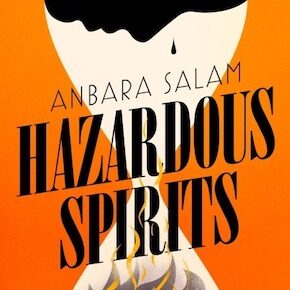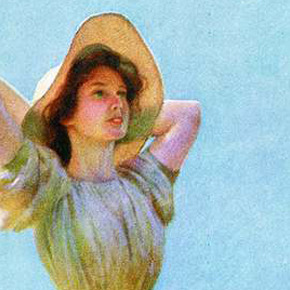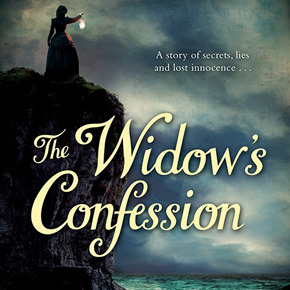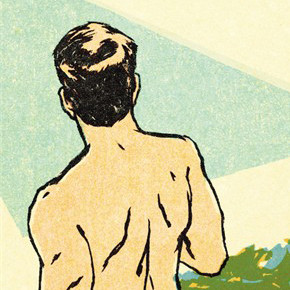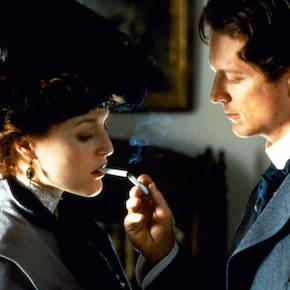
Terence Davies: a celebration
A MAJOR RETROSPECTIVE of one of British cinema’s most singular filmmakers, Love, Sex, Religion, Death: The Complete Films of Terence Davies is an extensive season of film screenings at BFI Southbank and beyond. Programmed by BFI Chief Executive Ben Roberts, providing a comprehensive journey through Davies’ body of work, the centrepiece is a UK-wide theatrical...
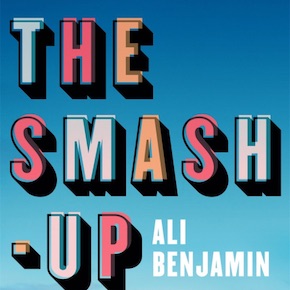
Bit by bit by bit
What happened? Everyone asked the question, had been asking since the election. They asked while watching the news, that storm of headlines, jump-cut footage of marches and speeches and hand-sharpied cardboard, an endless, swirling blizzard – a siege, really – of protests and counterprotests, action and reaction, people screaming at one another in the street,...
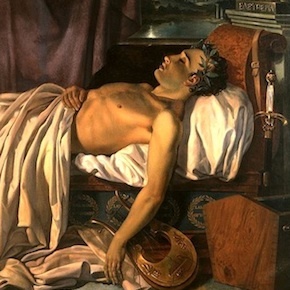
The malediction of Minerva
The story of the passionate last affair in Lord Byron’s life, a culminating point for many of his erratic, errant motion through truth and illusion, has always held a particular fascination for scholars; it has caused vocal perplexity to his admirers and deep-felt sighs of ‘if only’ to the many women (and men) who loved...

